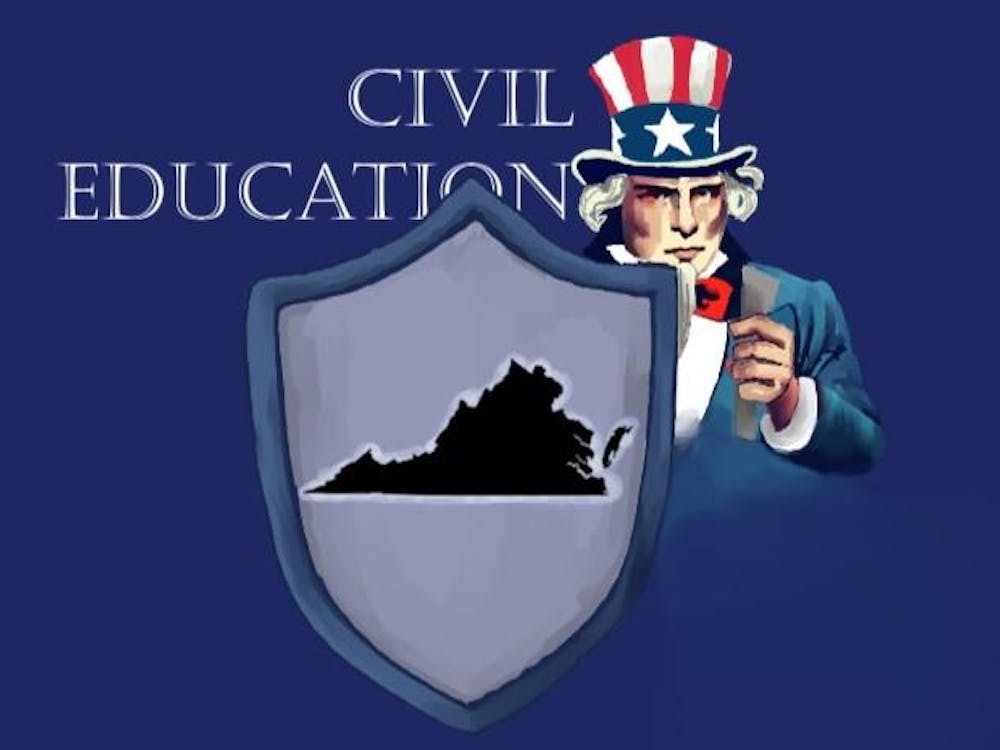The 2015 student elections results proved endorsements are insufficient for and unnecessary for winning. Of the 16 Cavalier Daily-endorsed candidates in competitive elections, only nine won. Without a single endorsement, the fourth-year class president and vice president, second-year class president and vice president, a College Honor representative, a Commerce Honor representative and a College University Judiciary Committee representative won in close and competitive races. It is clear that inherently impersonal endorsements cannot compete with personal vouching.
The Cavalier Daily endorses candidates despite being the only newspaper on Grounds to report on them, a practice questioned by Opinion columnist Jared Fogel last March over (now-moot) concerns that endorsements carry too much sway. Depending on the election, candidates are also endorsed by the Minority Rights Coalition, Black Student Alliance, Latino Student Alliance, College Republicans, University Democrats, University sustainability groups and the Inter-Fraternity Council.
A candidate can advertise the organization’s backing and may be listed on an organization’s email to its members, but in University elections an endorsement is ineffective at increasing his number of votes. “Endorsing organizations in life offer far more resources. Why union endorsements matter so much in New York is that a union endorsement means boots on the ground getting out the vote,” explained incoming Student Council President and current Second Year Council President Abraham Axler. Such action by endorsing organizations is influential as voting rates are poor, like those at our University. Despite a large number of competitive — and close — elections, only 21 percent of eligible students voted for the Student Council president, 19 percent for Student Council vice president of organizations, 27 percent for Honor College representative and 34 percent for Honor Commerce representative.
Reading the endorsements of the impersonal, bureaucratic-sounding Cavalier Daily Managing Board or receiving a listserv email promoting a list of candidates is unlikely to convince a busy and disengaged student it is worth his time to vote. Endorsements’ detachment cannot impart an obligation to vote, thus limiting the influence endorsements could have on an election. Third-year students Jack Vallar and Parisa Sadeghi lost their re-election campaign for class of 2016 president and vice president, despite collecting all six endorsements offered to their positions. Only about 38 percent of the class voted in their elections.
Personal connections more effectively convince students to vote, a friend-of-a-friend dynamic criticized by Opinion columnist Mary Russo in her critique of social media in elections. Yet this is less contingent on the sheer quantity of a candidate’s connections than on the quality of his relationships. How many support you well enough to publicly advocate for you? Axler pursued this angle with personal endorsements through his “My Friend Abe” initiative. Friends of 28 Axler supporters were greeted on election morning with an email (or emails) entitled, “My Friend Abe.” Each asked the recipient to vote for Axler, explained his endorsement and linked to Axler’s campaign website. About 4000 emails were sent, perhaps influencing his 2654 to 2150 win.
Axler’s “get-out-the-vote machine” systematically used secondhand vouching, but this process can explain more broadly which candidates incite students to bother voting: those with supporters willing to advocate for them. Such personal endorsements make a candidate look accessible and personable: someone a voter might approach with an idea or enjoy working with. This explains how the affable Emily Lodge won Student Council vice president of organizations without The Cavalier Daily’s endorsement and with under 1000 Facebook event invitees (the race was 2635-1690). Caroline Herre, deemed “approachable” by the Managing Board, likewise won College Honor representative without a single endorsement.
While approachability often characterizes a good leader and a well-organized campaign may foreshadow an effective term, the necessity of personal endorsements could hinder the candidacy of the capable but less connected. By changing their practices, endorsing organizations could try equalizing the playing field with active promotion of candidates they deem most competent and aligned with their goals. In such a way, a CIO could create the personal connections a candidate may lack. As they presently stand, passive endorsements from organizations suggest the CIOs are themselves unenthused about their candidate of choice. This leaves personal endorsements as the sole force motivating students to vote.
Elaine Harrington is an Opinion columnist for The Cavalier Daily. She can be reached at e.harrington@cavalierdaily.com.






